Hello and welcome to the November 2023 edition of the Zero Waste LCR Food for Thought blog.
This monthly round-up of food-related dates features tips, recipes and facts which aim to help Liverpool City Region residents cut down on food waste to protect our planet for future generations…
Food Waste in Liverpool City Region
According to the Waste Composition Analysis 2021/22 – Kerbside report produced by Merseyside Recycling & Waste Authority, food waste across the six districts of Liverpool City Region (Halton, Knowsley, Liverpool, Sefton, St Helens and Wirral) makes up an average of 31.6% of all the kerbside collected residual waste collected, which equates to an estimated 134,107 tonnes per annum.
Annually, it is estimated that 73.2% of all the food in the kerbside collected residual waste is classified as avoidable. That is to say it is disposed of packaged or in a prepared but uneaten condition.
The Good News
The good news is that there are methods that residents across the region can introduce to reduce the amount of food waste. Generating less waste is a pivotal component in reducing the effects of climate change. Beyond creating a more sustainable environment, reducing food waste saves money and provides plenty of chances to get creative in the kitchen – even for those who wouldn’t usually dream of cooking.
So, without further ado, dig in and enjoy!
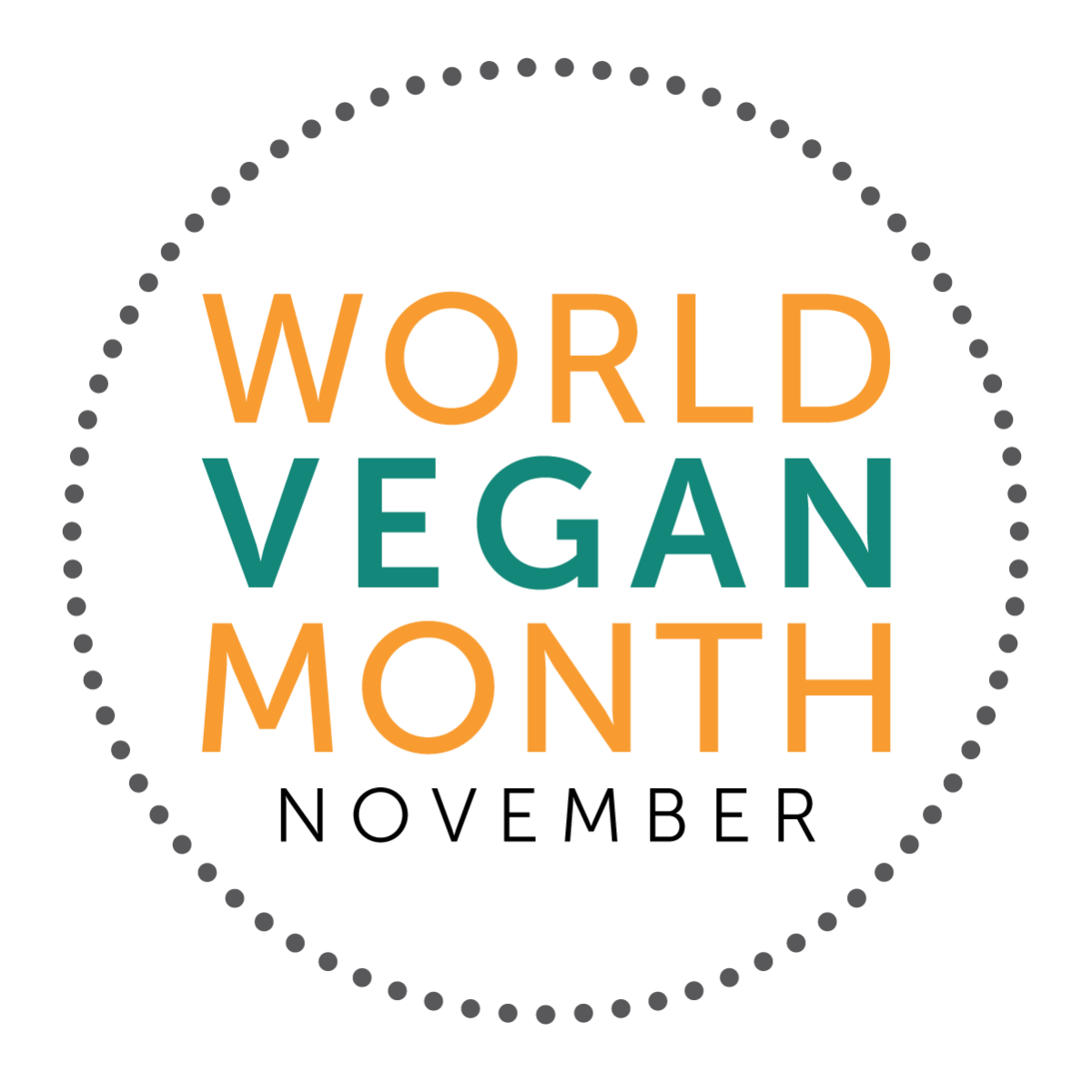
World Vegan Month (Wednesday 1 – Thursday 30 November)
Established by The Vegan Society, World Vegan Month takes place throughout the whole of November and shines a global spotlight on the vegan movement.
For us, it’s a chance to discuss the benefits of opting for plant-based dining choices as just one way in which we can protect the planet.
What is veganism?
Veganism is the practice of eating only food not derived from animals and typically avoiding the use of other animal products.
How does veganism help to protect the planet?
Although plant crops aren’t entirely without their own environmental issues, switching to a plant-based diet is generally perceived to be an effective way of reducing greenhouse gas emissions, which are a contributor towards global warming.
While many choose to adopt veganism from the ethical standpoint of avoiding animal cruelty, others opt in as a way to reduce their carbon footprint and lead the fight against climate change.
What vegan products can I try?
Whole foods such as fruit, vegetables, legumes, nuts, seeds and whole grains are all staples of a balanced vegan diet.
Aside from buying these items to make tasty savoury and sweet dishes at home, the ever-growing rise of dairy and meat alternatives – as covered toward the end of the August edition of Food for Thought – offer further avenues to mix up vegan food choices.
To view a range of vegan breakfast, lunch, dinner, dessert and snack options to try at home, we recommend visiting BBC Good Food.
How can I reduce vegan food waste?
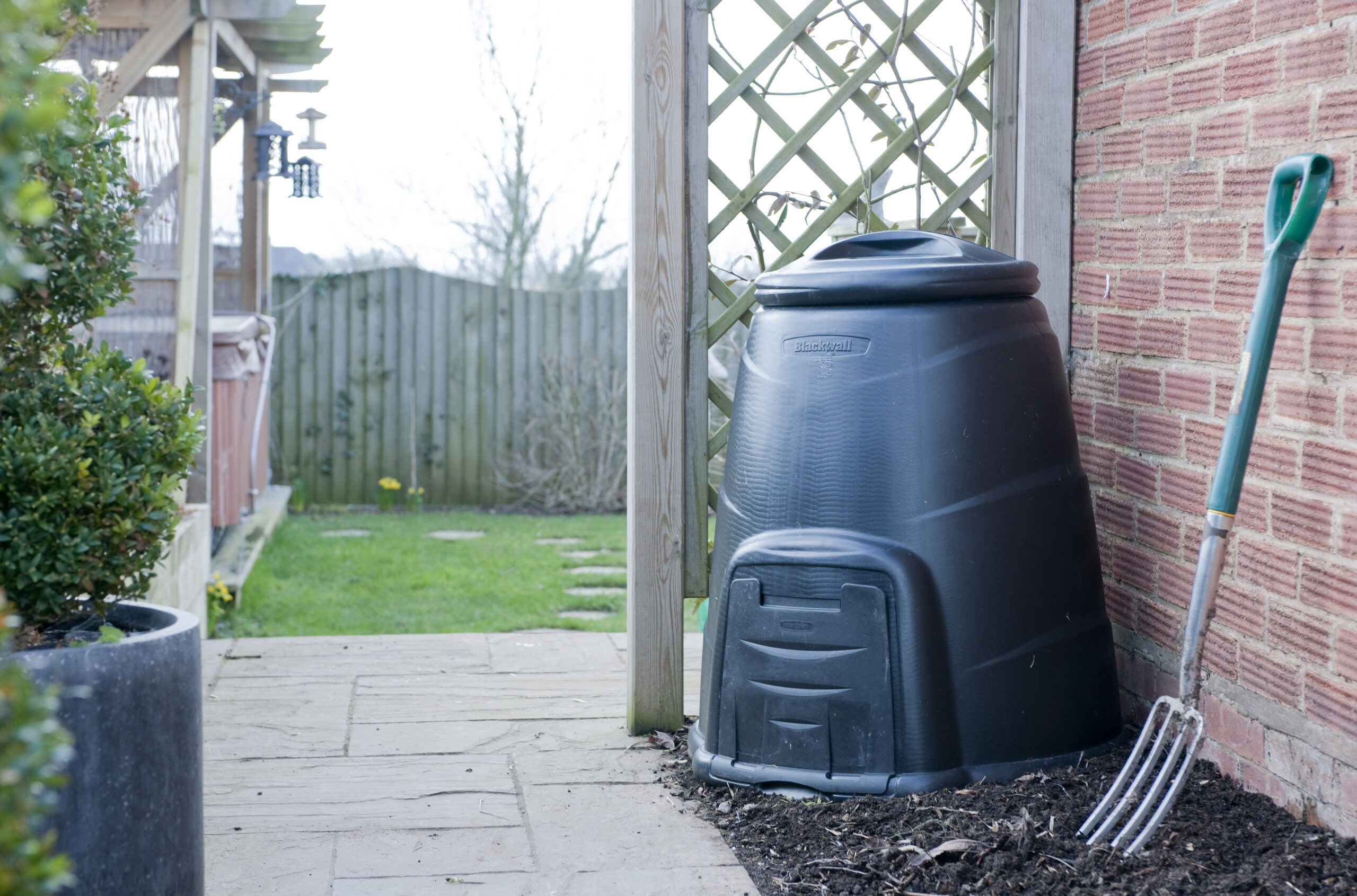
Most vegan food waste comes from fruit and vegetable scraps. Various tops, ends and peelings usually go straight into our residual waste bins at home – although, many people are now actively composting in an attempt to become more green-fingered and eco-friendly.
Thankfully, composting is a movement which is growing more and more. Storing organic waste in a compost caddy and then emptying into a compost bin is a simple way of reducing waste while fuelling your garden.
For your chance to receive a FREE compost bin* and to learn more, you can get involved by joining our home composting project.
*Free compost bins are available to residents in Halton, Knowsley, Liverpool, Sefton, St Helens and Wirral and are subject to limited availability. Use the contact form on this page to find out more.
The bottom line on veganism
Veganism may not be for everybody, but it’s certainly worth trying some vegan options as part of your wider diet and meal-time routine. While many meat-eaters, pescatarians and vegetarians haven’t made the whole leap towards veganism, a lot of have embraced ‘flexitarianism’.
As stated by BBC Good Food:
“Flexitarianism or ‘casual vegetarianism’ is an increasingly popular, plant-based diet that claims to reduce your carbon footprint and improve your health with an eating regime that’s mostly vegetarian yet still allows for the occasional meat dish. The rise of the flexitarian diet is a result of people taking a more environmentally sustainable approach to what they eat by reducing their meat consumption in exchange for alternative protein sources.”
Many are already embracing this approach, due to the uprise in readily available, affordable, and above all, tasty meat alternatives which have been popping up in fresh food and freezer aisles at the supermarket. Already established brands such as Quorn and Linda McCartney Foods have in recent years been joined by thriving vegan meat providers such as THIS, Beyond Meat and Oumph! – all of which provide a vast range of alternative meat products.
Even dining out has become more accessible, thanks to the uprise in vegan menus at existing restaurants and takeaways, in addition to specialist vegan fast-food eateries such as Down The Hatch in Liverpool and Zero Clucks Given in Wirral, for example.
If you can’t fully embrace veganism, then don’t beat yourself up about it! The above options are just some of the ways we can reduce our meat consumption and carbon footprint.
There are other ways beyond a plant-based diet which can help us to reduce waste and our carbon footprint – follow us on Facebook, Twitter and Instagram to find out more.
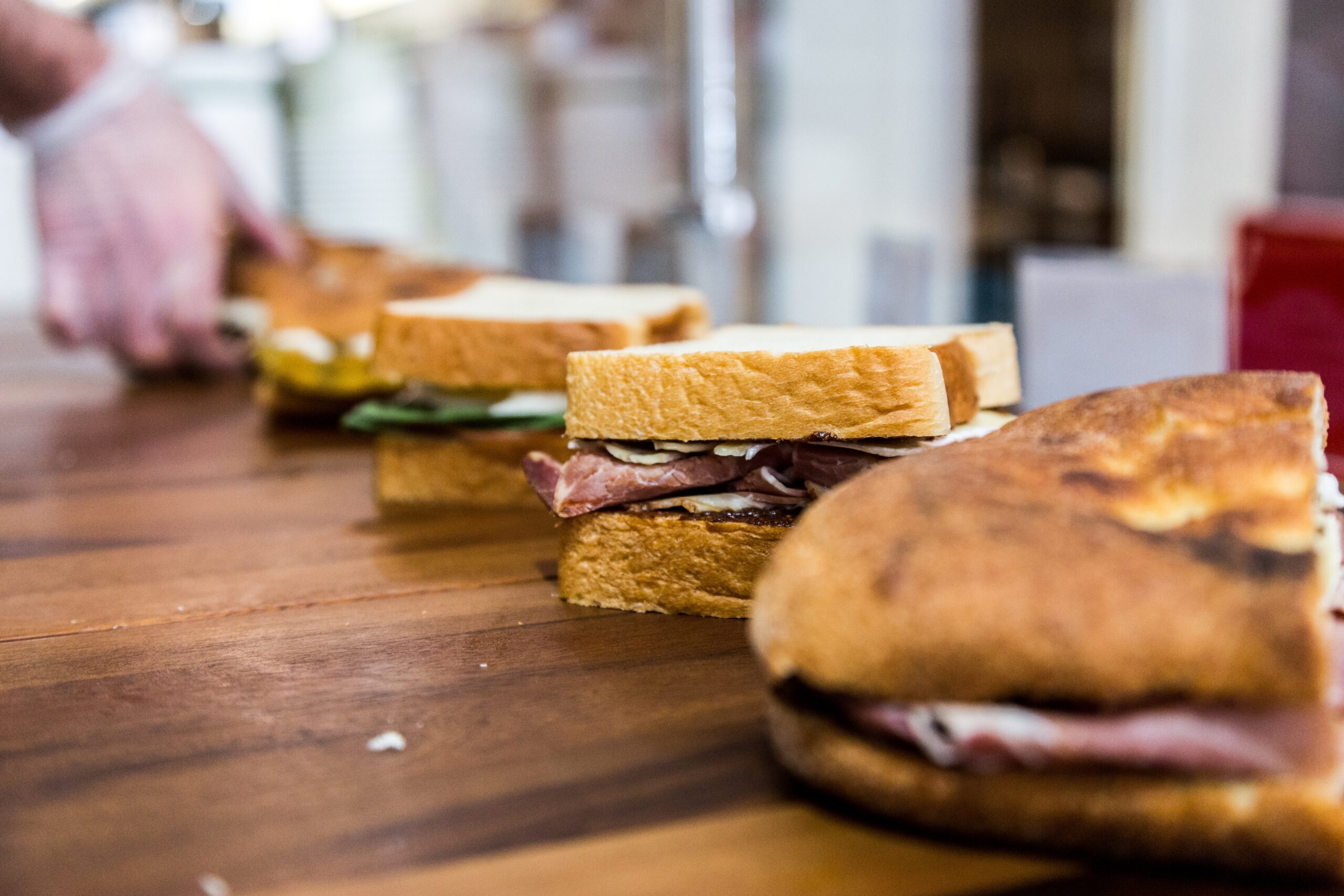 World Sandwich Day (Friday 3 November)
World Sandwich Day (Friday 3 November)
Friday 3 November marks World Sandwich Day – an annual celebration of the 4th Earl of Sandwich, John Montagu (1729 – 1792), who is often credited with the creation of this much-loved food item.
For us, World Sandwich Day is a chance to talk about how we can prevent these tasty treats from going to waste, as well as other eco-friendly decisions…
Were all familiar with this tasty treat, constructed with two slices of bread and a savoury or sweet filling of our choice.
Quick and easy to make at home, and even quicker and easier to buy dining out or on the go, sandwiches are a go to food for many people around the world.
How to reduce sandwich waste at home
- Learn to love your bread
As mentioned in the October 2023 edition of Food for Thought, bread is a popular food item, but it often goes to waste. To put the extent of bread waste into perspective, it has been reported by Love Food Hate Waste that if we stopped binning bread, it could do the same for greenhouse gas emissions as planting 5.3 million trees!
Luckily, there are ways we can beat the bin when it comes to preventing bread waste. The Love Food Hate Waste website features a range of tips on bread including storage, buying, and how to get the best out of leftovers.
- Make smart shopping choices:
Opt for ‘naked’ bread: This is bread which is either unpackaged or wrapped in paper. Some supermarkets have paper-wrapped bread, but more often than not, you will find these at your local bakery. Paper is better for the environment, as it can be shredded and composted at home… And if does end up in your residual waste
Bread wrapped in plastic packaging: Buying bread at your local convenience store or supermarket means you will likely be buying bread that comes in plastic packaging, which cannot be recycled at home. The good news is that packaging such as this can usually be recycled at recycling points (often, these are located at supermarkets) – you will just need to check the packaging to make sure that this is the case. You can find your nearest recycling points using WRAP’s Recycle Now Recycling Locator.
Meats: Buying meat locally is generally the best way to go when avoiding packaging waste and plastic pollution. This is because you can take your own reusable container(s) to your local butcher and ask them to place the meat of your choice inside it – although, this may also be an option at your local supermarket’s deli counter, so it’s definitely worth an ask next time you’re in store! And if you’re looking for ways to ensure your sandwich meat doesn’t go to waste, Check out the Love Food Hate Waste website for storage tips and recipes!
Vegetables and Salad: Buying loose vegetables and salad is not only a great way to avoid plastic but is also a good way to buy only what you need. Local fruit and vegetable shops often sell package-free goods and, as with meats, you can take your own containers (or reusable bags) to carry home after purchasing. Plenty of supermarkets also sell loose salad and vegetables too! Search Love Food Hate Waste’s Foods & Recipes page to discover storage tips as well as ways to make your salad go further.
Sauces and spreads: From tomato ketchup to brown sauce, mayonnaise to mustard, peanut butter to jam and so many more… Sauces and spreads act as a perfect accompaniment (or even as a main filling) in sandwiches. Whilst the glass jars and plastic bottles that these condiments come in are recyclable at home, another benefit is that they are reusable containers. Whether you find another purpose for them at home or you visit your nearest refill shop (which you can look up via our zero waste map), the main message for condiment jars and bottles is to keep them out of your residual waste bin!
- Bake bread at home:
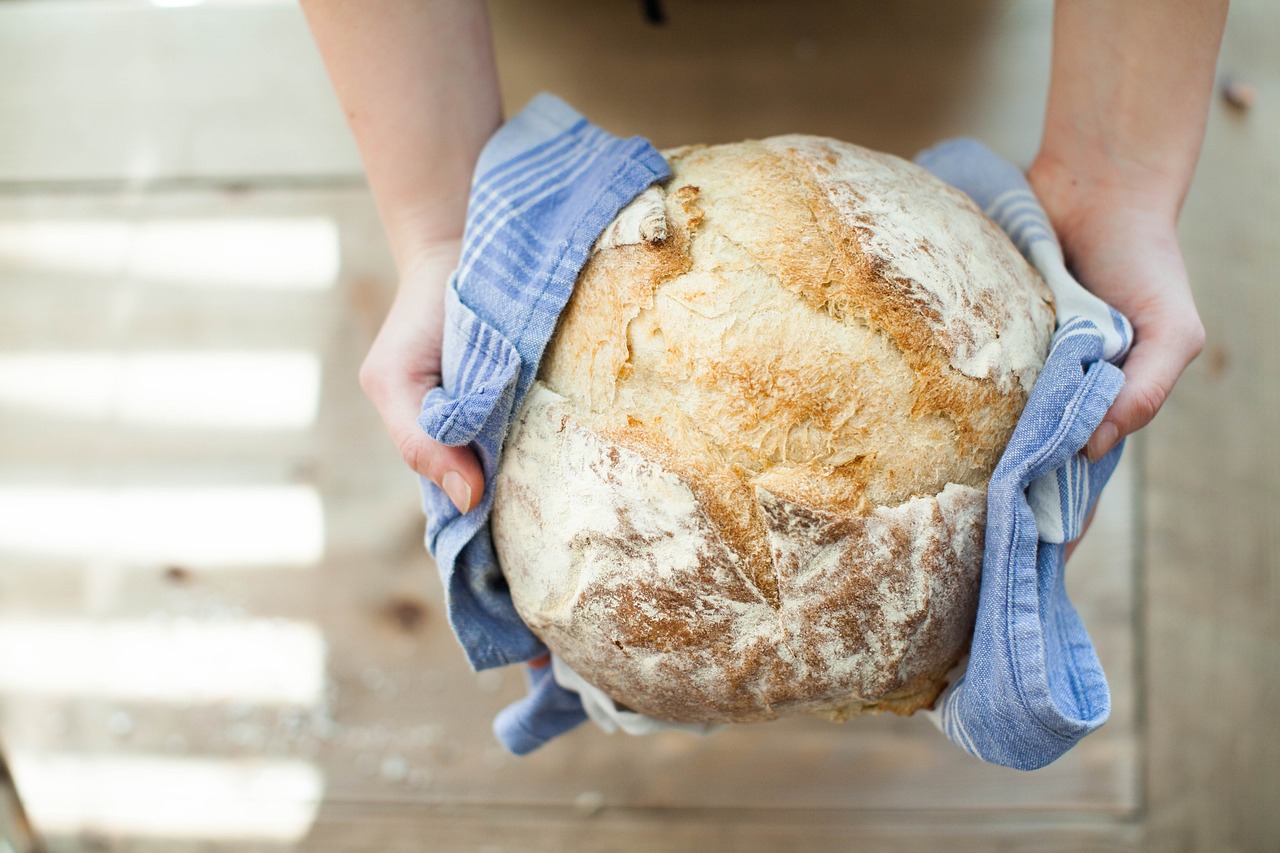
As previously featured in August 2023 and October 2023 editions of Food for Thought, here is a slow cooker bread recipe* which is as easy to make as it is to eat…
As quoted by BBC Good Food editor, Barney Desmazery, “this simple project is perfect for beginners and uses strong wholemeal or white flour”, so the choice is yours when it comes to deciding which type of bread to make.
Coming in at 15 minutes prep and between 2 hours – 2 hours, 40 minutes cook time, this recipe will provide the perfect bread for your afternoon tea sandwiches. With a springy consistency straight from the slow cooker, or the option to bolster you crust via an extra 5 minutes in the oven, you can customise the bread to your liking.
Visit here to view the slow cooker bread recipe: http://www.bbcgoodfood.com/recipes/slow-cooker-bread.
*We have opted to share a slow cooker bread, as this is a more energy-efficient way to bake, meaning that it’s less carbon-intensive and therefore less of a contributor towards climate change. However, if you do not have access to a slow cooker at home, there are plenty of oven cooker homemade bread recipes online to explore via a search engine of your choosing! BBC Good Food is generally a good place to start – although, if you’re looking to introduce a twist to your sandwiches, this list of zero waste sourdough discard recipes from the Zero Waste Chef is also handy!
- Find sandwich recipes you love!
The beauty of sandwiches is how versatile they are. You can rustle up all manner of concoctions using combinations of fresh ingredients and store cupboard goods…
If you’re becoming bored and tiresome of your go-to sandwich choices, BBC Good Food features a range of recipes – from unique and innovative (such as this Green chilli & mango toastie recipe) to twists on tried and tested traditional favourites (such as this Egg & cress club sandwich recipe), this list features over 100 ideas!
How to reduce sandwich waste on the go
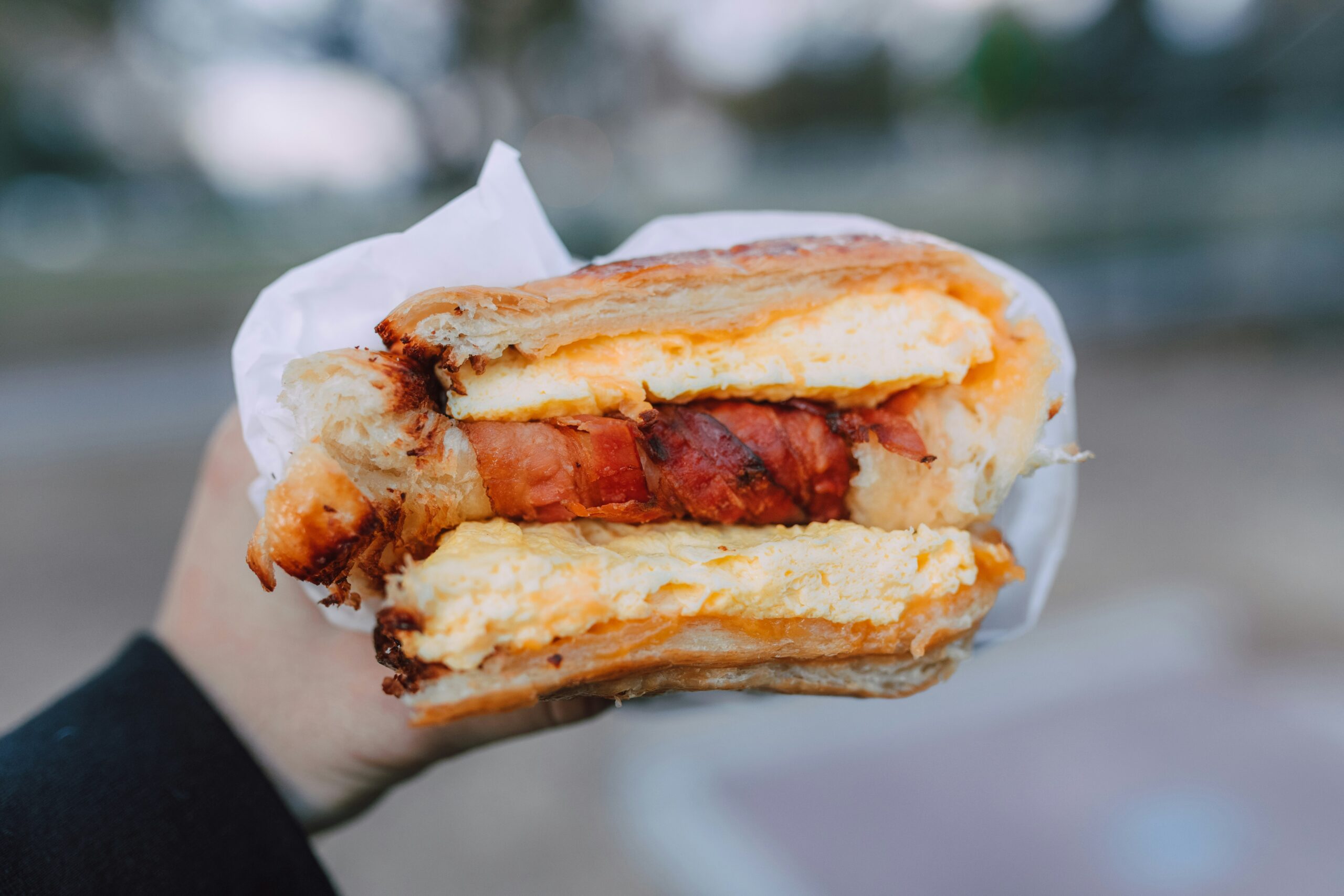 If you’re picking up a sandwich on the go, odds are that the packaging used to wrap the sandwich isn’t recyclable due to either being made up of mixed materials or contamination from food residue.
If you’re picking up a sandwich on the go, odds are that the packaging used to wrap the sandwich isn’t recyclable due to either being made up of mixed materials or contamination from food residue.
Listen, we get it! Those pre-made sandwiches which often sit in the fridges of supermarkets and garages for two or three days at a time are sometimes our only choice… But making them a regular thing is not only bad for your gut health (due to their high levels of preservatives) but is also a waste of packaging.
Instead, why not head to your local deli or sandwich shop? More often than not, they’ll make your sandwich fresh in front of you and wrap it in biodegradable paper… And if they don’t, then you don’t have to be shy! You can ask them to wrap it in a napkin or even take your own reusable bag or container and ask them to pop it in there.
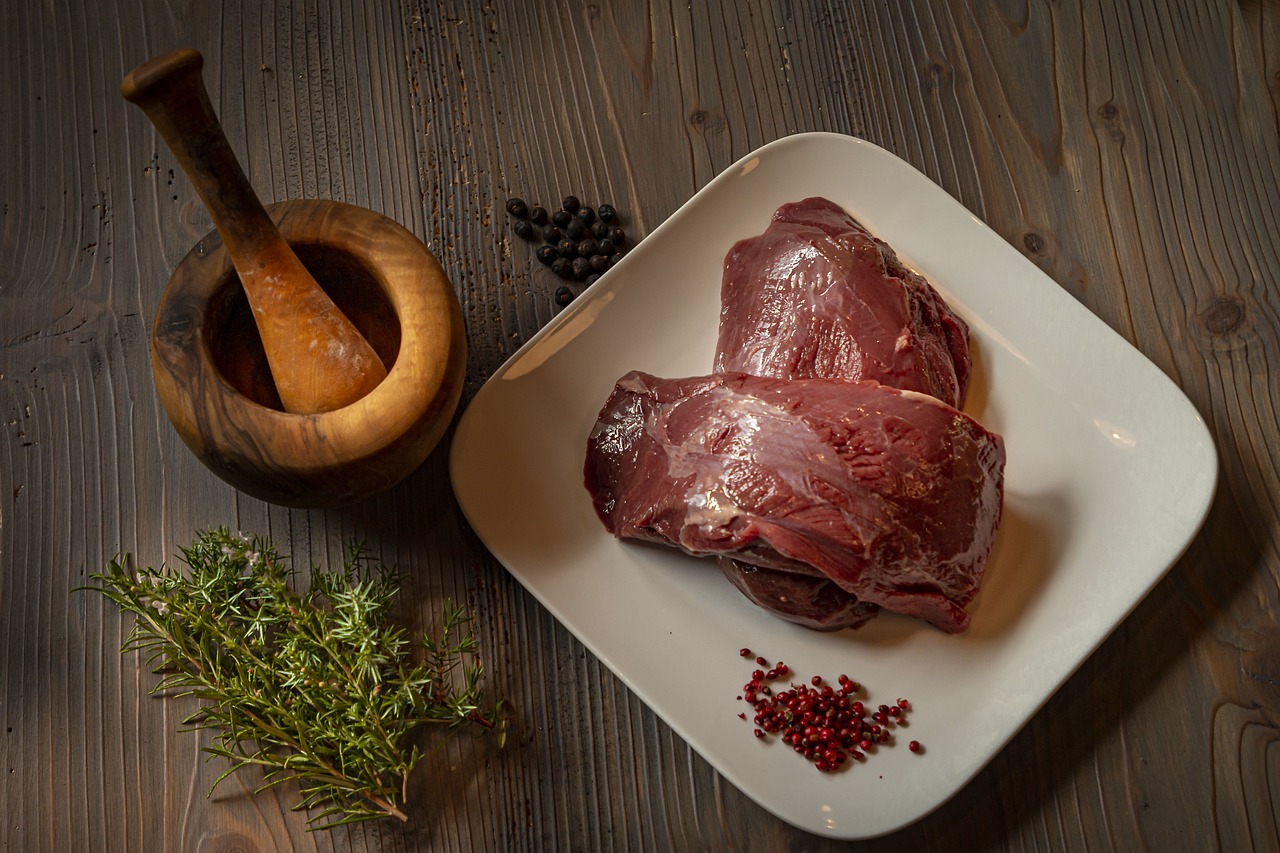
British Game Week (Monday 6 – Sunday 12 November)
From one extreme to the other… We’ve already covered World Vegan Month, now we’re moving into British Game Week, which takes place from Monday 6 – Sunday 12 November.
Established in 2013 from a collaboration between Taste of Game (now called Eat Game) and the British Association for Shooting and Conservation, British Game Week takes place during peak wild gaming season.
What is game meat?
Wild game meat is meat from any land animal that is hunted for food and is not typically raised on farms.
Examples of game meat include bison, elk, wild boar, venison (deer meat), pheasant, rabbit and duck to name a few.
Where can I purchase game meat?
One big plus from an environmental point of view is that the largest majority of game meat is sold at a local level, which means there is less energy spent on getting the food to the consumers.
So, if you’re thinking of broadening your horizons beyond everyday meats such beef, lamb, chicken, turkey and pork, then heading down to your local butcher is a good place to start.
Generally speaking, butchers are staunch professionals who love to talk about the produce that they have on offer, so don’t be afraid to ask them what types of game they have in and what would their recommendations be!
What game recipes can I try at home?
Before heading down to your local butcher, you may want to explore this list of game recipes on BBC Good Food for inspiration. Featuring recipes such as slow-cooked rabbit stew, roast quail, tangled leek & potato vinaigrette and venison steaks with stroganoff sauce & shoestring fries to name just a few, this list is a good point to get you started.
The bottom line on wild game meat
While cutting down on meat consumption is generally perceived to be an effective way to reduce your carbon footprint, wild game meat offers a more sustainable avenue for eating meat.
From a nutritional point of view, it offers a high source of protein, with some game meats such as venison and pheasant also being low in fat.
Although game has had a reputation for being pricey in past years, it can be an affordable option at this time of year as we enter the peak season.
 Cappuccino Day (Wednesday 8 November)
Cappuccino Day (Wednesday 8 November)
Wednesday 8 November marks the annual observation of Cappuccino Day.
Typically made up of double espresso and steamed milk with a generous foamy top (and sometimes sprinkled with cinnamon or chocolate, depending on your preference), cappuccino is considered by many to be a delightfully delectable drink!
A look back through the fledgling vaults of Food for Thought will tell you how to make sustainable choices whilst drinking coffee (view the International Coffee Day section of our October blog to discover how you can do this at home and on the go)… And you can delve even further back to the World Plant Milk Day section of our August edition to discover why switching to dairy alternatives is another option to consider when looking to reduce your carbon footprint.
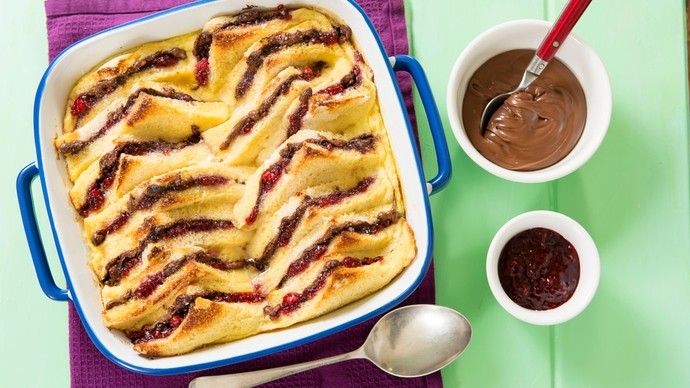
British Pudding Day (Thursday 9 November)
There was once upon time (way back in the 17th Century, to be more precise) when puddings were boiled in a specially designed bag and were mainly made up of savoury food… Black Pudding, Haggis and Steak and Kidney pudding are just a view examples.
While the above dishes are still popular with some to this day, many of us have come to affiliate puddings these days with the more universally loved staple of desserts.
The good news is that the Love Food Hate Waste website features recipes for both savoury and sweet puddings – all of which have been created to help turn our leftovers into food which we can enjoy while also preventing waste. This handy list of homemade recipes features savoury delights such as gluten-free Yorkshire puddings and Spanish omelette with black pudding, as well as sweet treats including Chocolate bread and butter pudding and apple and bramble crumble.
Chicken Nugget Day (Monday 13 November)

Lovers of chicken nuggets have come to cherish them as a much-loved fast-food item which can be enjoyed as a savoury snack or as part of a bigger meal.
Well, what if we told you that you can make them at home easily, without the messy palaver of grabbing the mixing bowl and flour?
This recipe from Freeze It uses just three core ingredients which are often leftover at home – chicken, yogurt and breadcrumbs! The recipe also recommends a seasoning blend, but you can easily adapt this to use whatever seasonings you fancy.
In another pleasantly surprising twist, these tasty chicken nuggets are baked, making them a healthier alternative, with the added benefit of not having to stand around tending to a sizzling frying pan!
Who knew making your own chicken nuggets at home didn’t have to be so much of a faff?
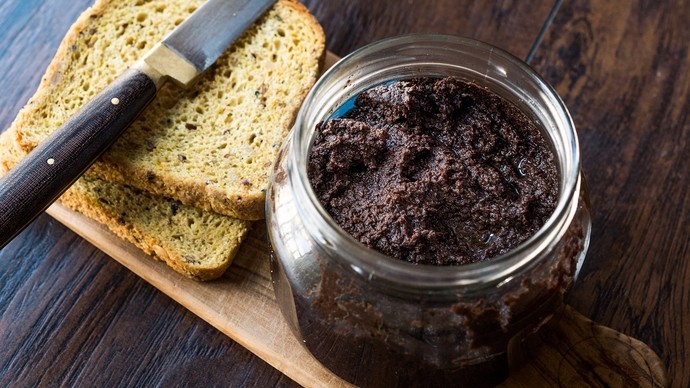
World Olive Day (Sunday 26 November)
The first of two featured food-related dates to occur on Sunday 26 November, World Olive Day (more formally recognised as World Olive Tree Day) was proclaimed at the 40th session of the UNESCO General Conference in 2019 and takes place on 26 November every year.
While this day was primarily established with the aim to encourage the protection of the olive tree and the values it embodies, for us, it’s also an opportunity to share a great zero-waste recipe…
Love Food Hate Waste’s Olive Tapenade Toast Recipe is a great way to make leftover bread something more interesting… Not only does it give you a simple recipe to try at home, it also provides storage information so that you can allow yourself plenty of time to plan meals effectively.

Stir-Up Sunday (Sunday 26 November)
We’ve done our best to avoid it so far, but in our excitement, we can’t help mentioning Christmas! That’s because Stir-Up Sunday occurs on the last Sunday before Advent, and over the centuries has come to be acknowledged as an annual tradition in which Christmas pudding (and more recently, Christmas cake and mincemeat) can be made in a bid to get ahead and allow flavours to mature…
The beauty of Christmas pudding, cake and mincemeat is that they are all designed to keep for ages, which makes them a great zero-waste food to have available during the festive season.
If this annual celebration is something you think you can get on board with, then check out BBC Good Food’s Stir-up Sunday 2023 recipe list, which features traditional favourites as well as recipes with a twist. Gluten-free and vegan recipes are also included, which means there is something for everyone!
If you opt to make a Christmas pudding and you face the off-chance of having some left, then fear not, as the Love Food Hate Waste website features a couple of tips on how you can make your leftovers go the extra mile (spoiler alert: if you’re a lover of chocolate desserts or crumbles, then you’re going to want to check this out).
That’s a wrap!
Thank you for taking the time to read our Food for Thought blog – we hope you’ve enjoyed it and we’ve given you some great take-aways (no pun intended) on how you can reduce food waste and make sustainable-savvy decisions in a tasty manner!
Please note, with the exception of MRWA-published documents, external links feature within this article are not officially endorsed by MRWA and are for reference and information purposes only.

